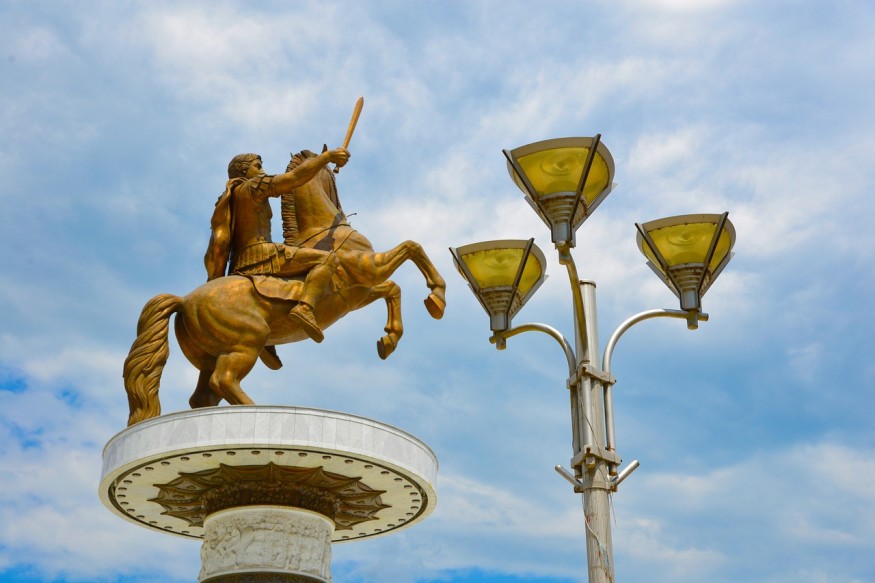
Archaeologists were able to unearth in Turkey the head of a marble statue depicting Alexander the Great. The discovery sheds light on the lasting popularity of the ruler centuries after he died.
2nd-Century Alexander the Great Statue Found
The statue piece was found in the ruins of the upper portion of a Roman-era theater in Konuralp. It is thought to date back to the 200s. Since Alexander the Great died back in 323 B.C., the statue could have been constructed around 400 years after he died.
The marble head depicts Alexander as having upward-looking and deep eyes as well as a slightly open mouth with teeth that are barely revealed. The tufts of hair at the head's middle and front are similar to a lion's mane. This hairstyle depiction is unique to the ancient ruler.
The ancient ruler had a habit of shaving his face, which may have led Roman emperors and citizens to shave. Alexander may have had that habit for him to appear like the beardless Greek deity Apollo. For this reason, several statues of Alexander the Great portray upward-looking eyes.
There have also been other marble statue remains found in the theater ruins. These findings include the mythical Medusa and Greek deity Apollo's heads.
ALSO READ : Greek Mythology Traces? Broken 'Pan' Statue Found by Archaeologists in Istanbul Early Church Ruins
Alexander the Great's Enduring Popularity
In the ancient times, Alexander the Great remained popular even after he died at 32 years in Babylon. One possible reason behind this ancient rule's long-lasting popularity was the legacy that he left to his successors, as the latter may have perceived him to be an ideal ruler. Professor and historian Paul Cartledge from the University of Cambridge explains that the throne's contenders and his empire made use of his name and considered him terrific.
Later rulers also made coins with images of Alexander the Great in order to make their own reigns legitimate.
He was born in Macedonia in 356 B.C. to Queen Olympias and King Philip II. His father was an impressive man when it came to the military, as he transformed Macedonia into a powerful force. He ended up getting assassinated in 336 B.C. by his bodyguard, which led Alexander to ascend the throne at 20 years old.
During the height of Alexander's rule, the empire spanned from Egypt and Greece up until Bactria, which is roughly present-day Afghanistan, and to present-day Punjab in Pakistan. The army refused to move further.
The ruler then went back to Babylon and died after a few years. The reason behind his death may have been an illness, drinking too much, or poisoning.
RELATED ARTICLE : Sphinx-like Statue Unearthed in Ancient Egyptian Temple Looks Like Roman Emperor Claudius
Check out more news and information on Archaeology in Science Times.








